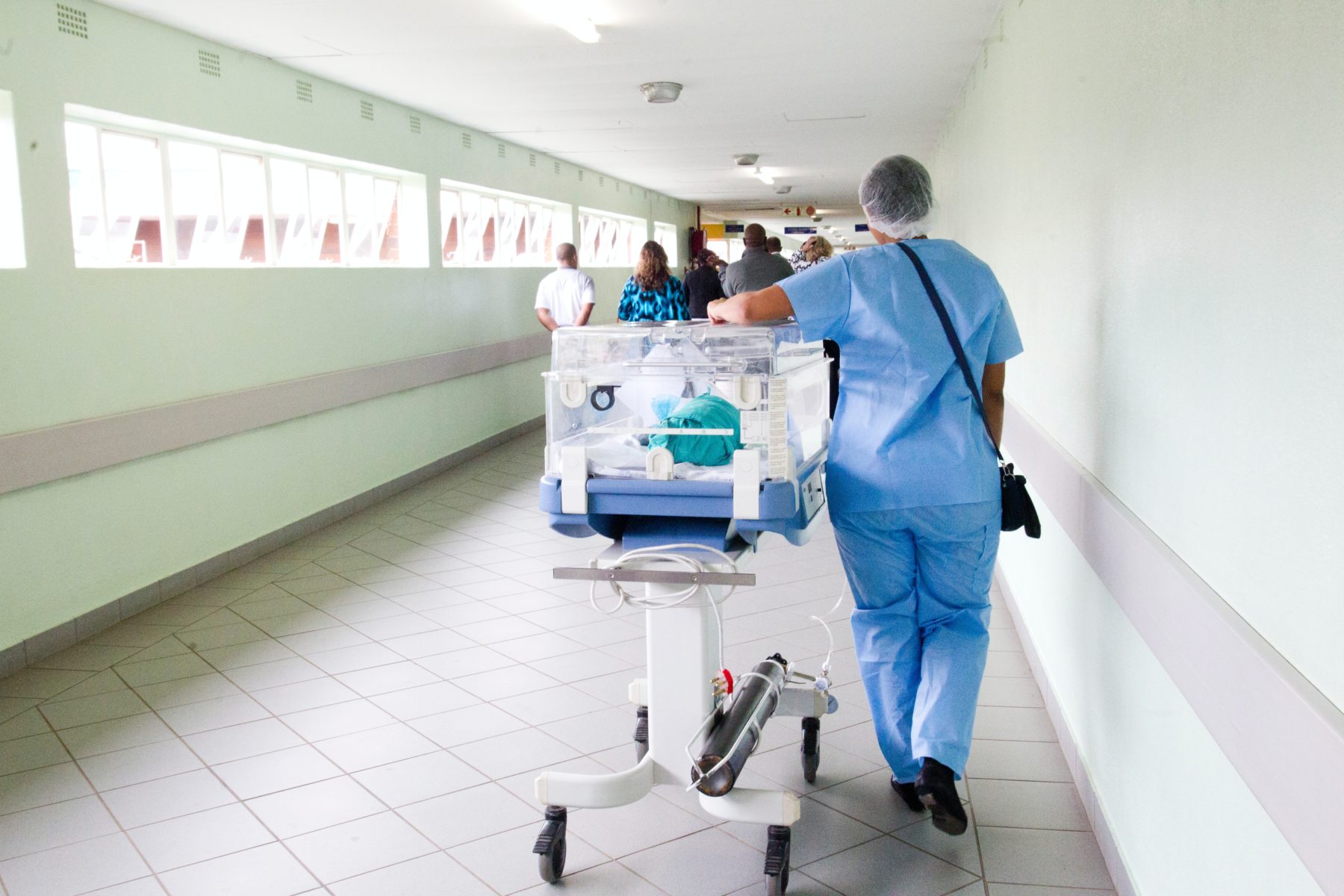2020 is the International Year of the Nurse and Midwife. In the midst of a global pandemic, we pay our respects to those working in this selfless field.
At the time of writing, there have been over five million global cases of COVID-19.
And thanks to healthcare workers around the world, over two million people have recovered.
At risk on the frontline
The medical profession has always been a selfless line of work. Doctors, nurses, surgeons, paramedics, midwives – they’re all dedicated to alleviating the pain and suffering of those in their care.
They continue to do so now, facing long shifts that put them at risk of fatigue, foregoing meal breaks to look after patients in urgent need of care, and putting themselves at risk of contagion on a daily basis.
Their compassion in this current crisis is second to none.

Thousands of retired nurses have volunteered to re-enter the workforce, despite the fact that they and many of their colleagues fall into higher risk age categories for coronavirus.
Some of these frontline workers are also the nurses of the future: around the world, tertiary students have also chosen to volunteer during the crisis.
Nursing students are required to complete multiple work placements as part of their education.
While some health organisations have cancelled their placements out of safety concerns, others have given students the option to continue their clinical placements.
Professor Alison Hutchinson, Chair in Nursing at Deakin University, says that nursing students can play a valuable role in this context.
Health workers will eventually need to take leave, or even self-quarantine after being exposed to the virus. Organisations will then need to source extra staff to fill their places.
This could be tricky, as Professor Hutchinson says the number of qualified health professionals in Australia is limited.
One possible solution is to recruit volunteers who have a lower level of training, or none at all.
But it’s far preferable to take on students who have at least been partially trained and can reliably provide a level of care.
In fact, some of these students will be just about ready for the workforce. Some universities have even brought their final year graduations forward so they can enter as qualified professionals.
Additionally, the Australian Health Practitioner Regulation Agency (AHPRA) has established a sub-register to fast track experienced and qualified health workers’ return to the workforce.
A compounding burden
For many of us, cabin fever has well and truly set it, and the compulsion to go out, socialise, and take back any semblance of ‘normal life’ has long since peaked.
But our willingness to stay home and keep out of contamination’s way has not only lessened the burden on our collective health, but also the strain on resources required by the medical sector.

Hospitals have always been busy places.
The care and medical attention that is required for COVID-19 cases has been managed alongside a regular workload: we will continue suffering from all the usual health issues, pandemic or no pandemic.
When the virus entered Australia, healthcare workers suddenly had to prepare for an environment they had never experienced before – in addition to the stresses posed by the workplace on a regular day.
By maintaining social distancing and working remotely, we bought time for those in the medical profession to be trained in both general ward environments and intensive care, as well as how to safely use Personal Protective Equipment (PPE) to avoid contamination.
“It’s really critical that staff use the PPE in the right way,” Professor Hutchinson says. “One minor deviation from that protocol can result in contamination.”
How we can help
2020 was intended to be a year of celebration and recognition for those in the nursing and midwifery professions. Now, many festivities have been postponed until further notice, or cancelled altogether
It’s a disappointing and exhausting time for those in the medical profession. But the current state of affairs only further highlights their contributions, and how much communities around the world rely on their care.
We might not be able to celebrate just yet, but there are plenty of ways we can show our gratitude.
Professor Hutchinson says that many nurses are struggling to balance the demands of their work and the care they need to dedicate to their own families.
If you know someone working in the healthcare industry – perhaps a friend, or a family member, or someone in your street – you may wish to consider finding some practical ways to help them during this difficult period.
You could offer to pick up their groceries, or even help with childcare, so they can stay at work for a full shift.
Words of acknowledgement on social media also don’t go astray.
“It’s heart-warming to see, and nurses really value that.”
But above all, it’s important to continue to follow the advice of the experts and stay home, where possible.
“They experts are well-aware of the psychological and economic impact that this is having, and they want to minimise that as well,” Professor Hutchinson says. “In Australia, they’ve served us well by mitigating as many of the effects as possible.”
Alison Hutchinson is a Professor from Deakin University’s Alfred Deakin Institute, and is the Chair in Nursing for Monash Health. She is also the Director of the Quality and Patient Safety research domain in Deakin’s Institute for Health Transformation.



